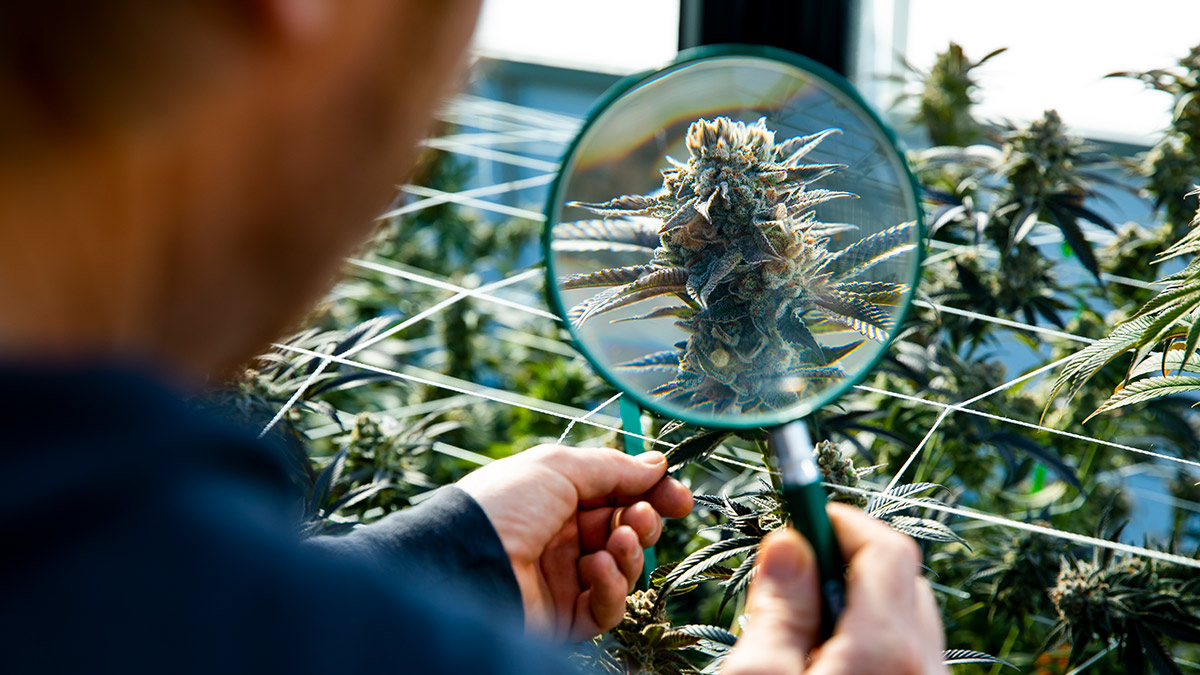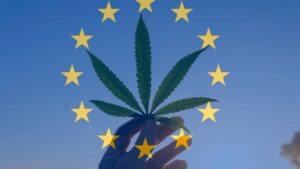What cannabis investors need to know ahead of the TGA’s decision

The TGA is expected to hand down its final ruling on low-dose cannabidiol (CBD) distribution in the Australian market today. (Pic: Getty)
Australia’s health regulator, the Therapeutic Goods Administration (TGA) was scheduled to make its final ruling today on pharmacy distribution for CBD (cannabidiol) products.
It follows an interim ruling in September, when the TGA proposed a measure allowing Australians to obtain low-dose cannabinoid (CBD) oils and pills from pharmacists, rather than a doctor’s prescription.
That initial judgment gave rise to a wave of buying across the ASX cannabis sector, as markets assessed the prospect of broader distribution and a bigger addressable market.
So, the final ruling is likely to be closely watched by investors.
While it was scheduled for today, the TGA announced this morning that it has deferred its decision until December.
Ahead of the announcement, Stockhead caught up Cassandra Hunt, managing director of FreshLeaf Analytics, for some insights on what to watch for.
Hunt said a key talking point in the lead-up to the announcement centres around dosage levels.
In the interim ruling pertaining to oils and softgel capsules, dosage levels per packet were capped at a maximum of 1,800mg of CBD — equivalent to a 30-day supply of 60mg per day.
“That’s a challenge, because there are genuine concerns in the industry that at a dose of 60mg per day it’s going to be very hard to demonstrate efficacy,” Hunt said.
That means companies “may have to go into expensive clinical trials where there’s a likelihood they may not be able to demonstrate efficacy, which in turn may make them reluctant to do it.”
Alternatively, companies may be able to bring 60mg/day products to market, even though safety and efficacy has been proven at higher doses.
“So you might have a situation where patients are taking these products, but they’re not getting the full benefit. That in turn could diminish patient confidence which wouldn’t be good for the industry either.”
In that context, “certainly the industry would be very happy if the decision were to result in a higher dose”, Hunt said.
She cited research from industry body Medicinal Cannabis Industry Australia (MCIA), which has publicly recommended a daily dose of 300mg – a level that would be “more likely to demonstrate efficacy”.
“We also know there’s evidence of safety at that dosage level, but whether the TGA do that remains to be seen.”
It could make for a nervous wait for the many Australian cannabis companies with CBD products classified as S4 (prescription only) that would fit the criteria for the S3 downgrade (pharmacy distribution).
Many of those products are already GMP (Good Manufacturing Practices) compliant – a key regulatory hurdle to clear in the sector.
But if interim dosage levels are enforced, “what remains to be seen is whether it would be advantageous for them in having products on the market”.
If the 60gm/day cap remains, further research may be required to get TGA approval for higher dosage limits.
“Getting data on quality on safety and efficacy can be a costly exercise. and a lot of that data isn’t readily available so that’s what those companies may want to work on (in that scenario)”, Hunt said.
Related Topics
UNLOCK INSIGHTS
Discover the untold stories of emerging ASX stocks.
Daily news and expert analysis, it's free to subscribe.
By proceeding, you confirm you understand that we handle personal information in accordance with our Privacy Policy.








